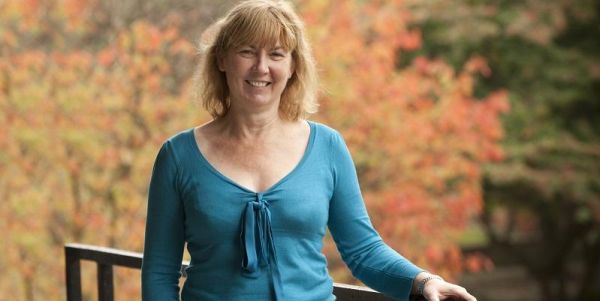
Academic seeks to ‘open physics to the whole of society’
An academic who has championed greater equality in physics is to advise on ways the subject can be opened up to people from under-represented groups.

An academic who has championed greater equality in physics is to advise on ways the subject can be opened up to people from under-represented groups.

Affordable plastic shields reduce the risk of COVID-19 infection for passengers on motorcycle taxis popular in developing countries, a new study suggests.

A lack of high-quality research is preventing the development of dietary advice that could reduce the number of hip fractures, a new study suggests.

New research has identified a way of using nanoclusters to bolster waning antibiotics.

A study has been launched into the feasibility of using air cleaners to reduce the spread of COVID-19 in 30 primary schools in Bradford.

Global warming has caused extreme ice melting events in Greenland to become more frequent and more intense over the past 40 years according to new research, raising sea levels and flood risk worldwide

A glacier in West Antarctica has been formally named after the city of Glasgow to mark its hosting of the COP26 climate change conference.

Cracked phone screens could become a thing of the past thanks to breakthrough research by a global team of scientists.

An exhibition about a father and son team who made one of the most significant scientific discoveries of the 20th century opens today at the University.

Some sunscreens offer very limited protection against dangerous sunrays during use and may even be harmful.